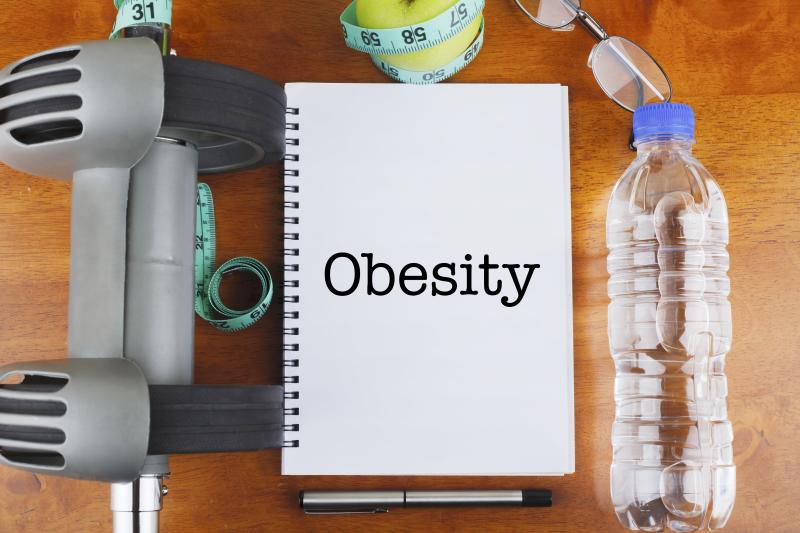20 Jul 2016
Lack of hydration is associated with a higher obesity risk, according to a recent US study.
Individuals with inadequate hydration were more likely to be obese (odds ratio [OR], 1.59, 95 percent confidence interval [CI], 1.35-1.88; p<0.001) than those who with adequate hydration. Inadequate hydration was also linked to higher body mass index (BMI; 1.32 kg/m2 higher than adequately hydrated individuals, 95 percent CI, 0.85-1.79; p<0.001). [Ann Fam Med 2016;14:320-324]
“[Findings of this study] highlight a novel relationship between hydration and BMI that may have important clinical implications,” said the authors. “[The relationship between hydration, BMI and obesity] suggests that water, an essential nutrient, may deserve greater focus in weight management research and clinical strategies,” they said.
Using data from the National Health and Nutrition Examination Survey (NHANES) 2009 to 2012, researchers from the University of Michigan, Ann Arbor, Michigan, US recruited 9,528 adults (aged 18-64 years) to identify a link between inadequate hydration and BMI or obesity. Urine osmolality was utilized as a marker of hydration; almost 33 percent of the participants did not have adequate hydration (urine osmolality ≥800 mOsm/kg).
According to the authors, adequate hydration is not included in many treatment guidelines for weight management. “Obese individuals have higher water needs than nonobese individuals,” they said, suggesting that clinicians who may not be aware of the difference in water requirements between individuals with higher and lower BMIs may not be advising their obese patients accurately.
The authors cautioned that due to the cross-sectional nature of the study, causality and directionality could not be established, and that one-time measurement of urine osmolality may not necessarily indicate the participants’ usual hydration levels.

